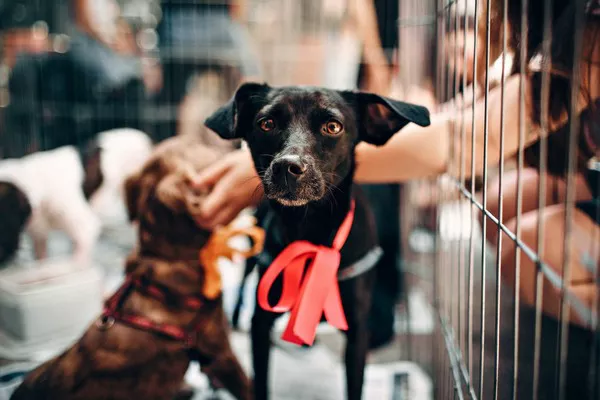Ragdoll cats are renowned for their gentle demeanor and affectionate nature, making them a beloved breed among cat enthusiasts. Originating in California in the 1960s, Ragdolls are known for their striking blue eyes, silky fur, and tendency to go limp when held, hence their name. Their docile temperament and sociable disposition make them wonderful companions for families and individuals alike.
Understanding Cat Behavior
To comprehend why Ragdoll cats harbor disdain for closed doors, it’s essential to delve into feline behavior in general. Cats are territorial creatures by nature, instinctively seeking out spaces they can claim as their own. They have a strong need for access to their territory and a desire for control over their environment. Closed doors can disrupt this sense of control and hinder their freedom of movement, triggering anxiety and frustration.
Closed Doors and Territory
For Ragdoll cats, closed doors represent more than just a physical barrier; they symbolize a denial of access to areas they perceive as their territory. Whether it’s a bedroom door or a closet, the inability to explore a space can be unsettling for these naturally curious creatures. Additionally, closed doors may hinder their ability to monitor their surroundings and feel secure within their domain.
See Also:Can You Leave a Ragdoll Cat Alone for 8 Hours?
Ragdoll’s Bond with Humans
One of the defining characteristics of Ragdoll cats is their strong bond with their human companions. They thrive on human interaction and often form deep emotional attachments to their owners. Consequently, any form of separation, even if it’s just a closed door between them and their loved ones, can elicit feelings of distress and abandonment in Ragdolls.
Curiosity and Exploration
Ragdolls are inherently curious creatures, constantly seeking out new experiences and environments to explore. They possess a playful and adventurous spirit, often engaging in activities that stimulate their senses and pique their interest. Closed doors thwart their natural inclination to investigate and can lead to frustration and restlessness.
Stress and Anxiety
The inability to access certain areas due to closed doors can induce stress and anxiety in Ragdoll cats. This stress may manifest in various behavioral changes, such as excessive vocalization, aggression, or withdrawal. Additionally, the uncertainty of what lies beyond the closed door can exacerbate their anxiety, leading to prolonged periods of distress.
See Also:Do Ragdoll Cats Like to Be Held?
Practical Solutions
Fortunately, there are practical solutions that Ragdoll owners can implement to alleviate their cat’s frustration with closed doors. One approach is to use pet gates instead of closed doors, allowing cats to see and interact with their surroundings while still providing a physical barrier when necessary. Additionally, providing ample environmental enrichment, such as interactive toys, scratching posts, and perches, can help keep Ragdolls mentally stimulated and content.
Training and Behavior Modification
Training Ragdoll cats to cope with closed doors involves gradual desensitization and positive reinforcement techniques. Owners can start by introducing closed doors in small increments, gradually increasing the duration over time. Offering treats and praise when the cat remains calm in the presence of closed doors can help reinforce positive associations. Additionally, engaging in interactive play and providing distractions can divert their attention away from the closed door and reduce anxiety.
Health Considerations
The stress induced by closed doors can have adverse effects on Ragdoll cats’ health and well-being. Chronic stress may lead to behavioral issues such as over-grooming, changes in eating habits, and urinary tract problems. It’s crucial for owners to monitor their cat’s behavior closely and seek veterinary care if any concerning symptoms arise. Creating a stress-free environment and minimizing triggers, such as closed doors, can help promote a happier and healthier life for Ragdolls.
Expert Opinions
Veterinarians and feline behaviorists emphasize the importance of understanding and addressing the underlying causes of door-related anxiety in Ragdoll cats. Dr. Emily Thompson, a veterinarian specializing in feline behavior, suggests that providing ample environmental enrichment and opportunities for mental stimulation can help alleviate stress and promote positive behaviors. She also recommends consulting with a professional if behavioral issues persist despite intervention efforts.
In conclusion, Ragdoll cats’ aversion to closed doors stems from their innate need for territorial access, coupled with their strong bond with their human companions and natural curiosity. By understanding their behavior and implementing practical solutions, such as using pet gates and providing environmental enrichment, owners can help alleviate their cat’s anxiety and promote a harmonious living environment. Ultimately, fostering a supportive and understanding relationship with Ragdoll cats is key to ensuring their happiness and well-being.
Related Topics:






















